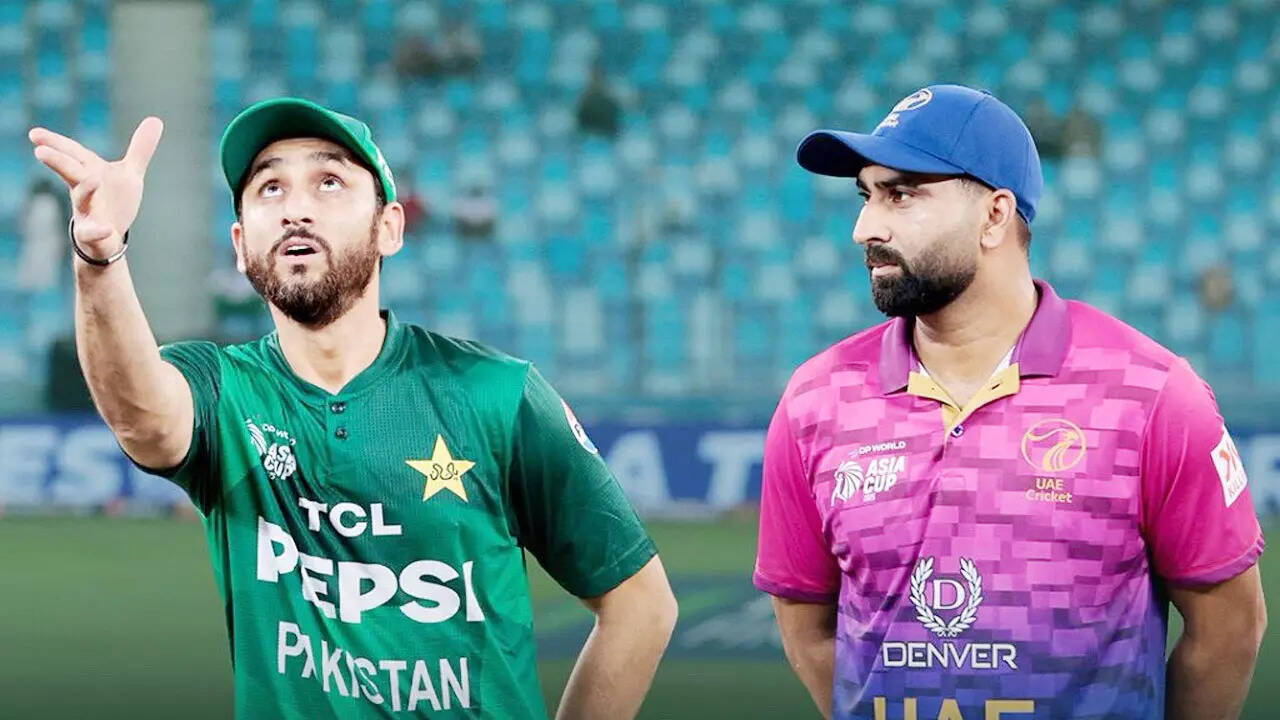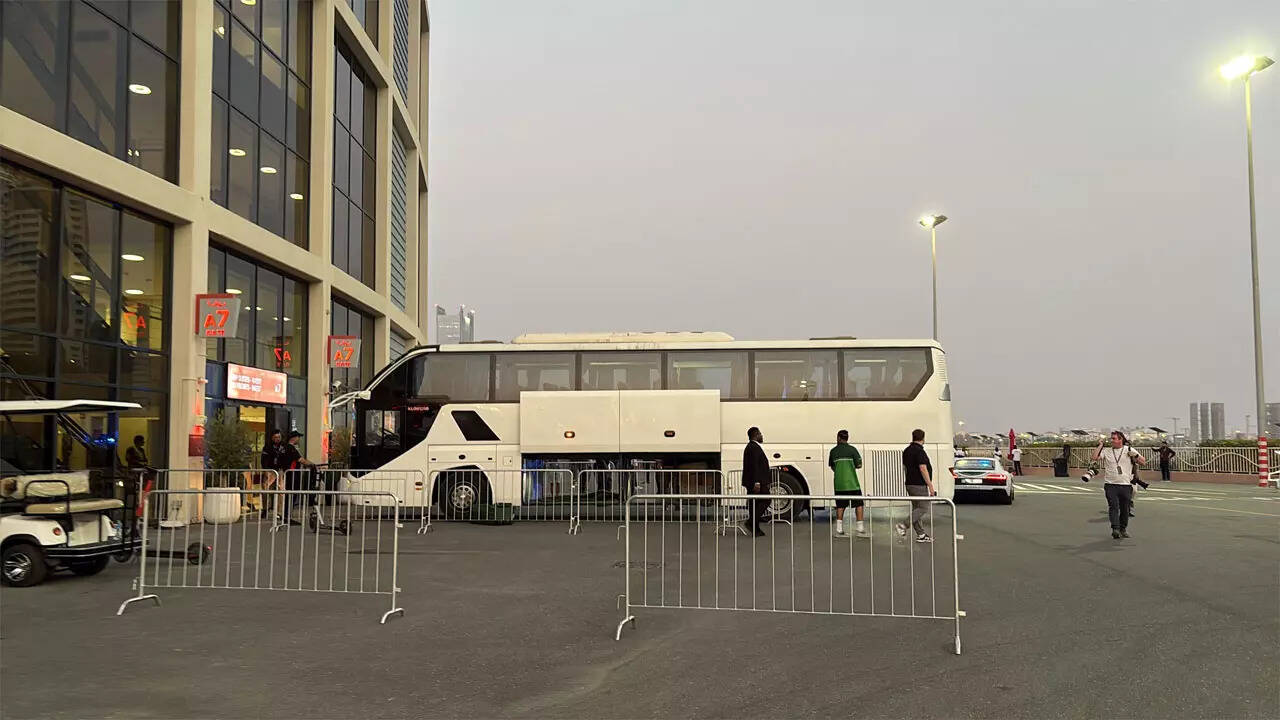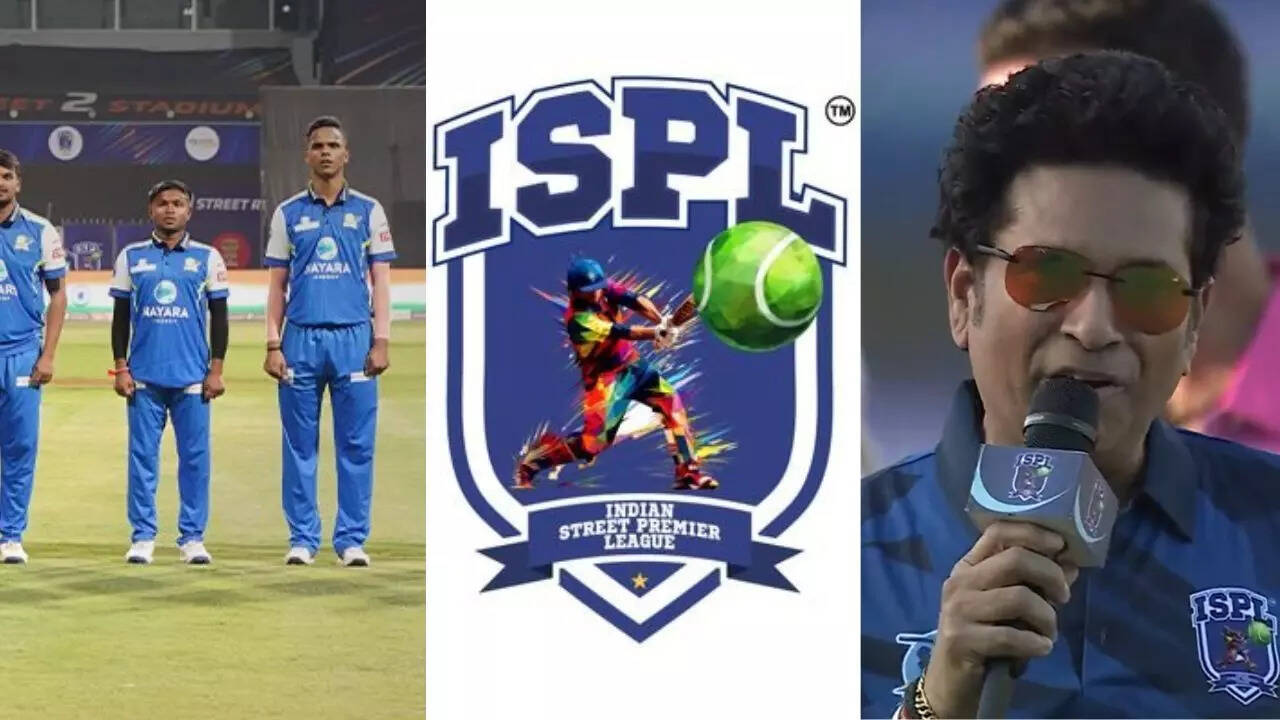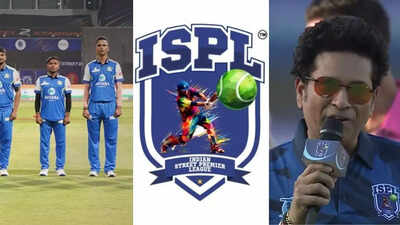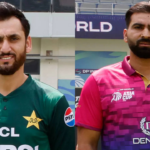In a significant step for tennis-ball cricket, the Indian Street Premier League (ISPL) has rolled out a structured national framework aimed at enhancing grassroots development and creating a direct pathway for emerging talent across India. The initiative divides the country into eight administrative zones, each managed by an ISPL-recognised panel or federation. These panels will govern cricketing activities in their respective regions and oversee talent identification and development.Legendary cricketer and ISPL Core Committee Member Sachin Tendulkar said, “Identifying talent at the grassroots is the first step to building a strong future for the game. With ISPL’s new national framework, players from every corner of India now have a clear pathway to nurture their skills and showcase their talent on a bigger stage. This structure ensures every player gets a fair chance to be noticed and progress, turning their love for the game into real opportunities at the national level.”The zones are as follows:
- West (Majhi Mumbai): Maharashtra, Goa and Madhya Pradesh
- North (Srinagar Ke Veer): Jammu & Kashmir, Himachal Pradesh, Punjab and Haryana
- East (Tiigers of Kolkata): West Bengal, Odisha, Jharkhand, Bihar, Sikkim, Assam, Arunachal Pradesh, Tripura, Assam, Nagaland and Manipur
- South-East (Chennai Singams): Tamil Nadu, coastal Andhra Pradesh and Puducherry
- South-Central (Falcon Risers Hyderabad): Telangana, inland Andhra Pradesh and Chhattisgarh
- South-West (Bangalore Strikers): Karnataka and Kerala
- North-West (Ahmedabad): Gujarat and Rajasthan
- Central-North (Delhi): Delhi, Uttar Pradesh and Uttarakhand
Franchise owners of ISPL teams representing these regions will act as chairpersons of the panels. Alongside them will be local operations teams, scouting leads and representatives from affiliated tournaments. A key feature of the framework is the affiliation of local tournaments. Organisers can apply for official recognition through the ISPL’s website or app. Once approved, the tournaments become part of the ISPL ecosystem, gaining access to shared branding, player pipelines and financial support. The financial model has been structured to empower both organisers and zones. Each tournament can register up to 5,000 players, with both team and individual entries permitted.Ashish Shelar, also part of the ISPL Core Committee, said, “Establishing robust structures within sports is essential to strengthening the entire sporting ecosystem and ensuring sustainable growth. The ISPL’s comprehensive zonal panel model sets a high benchmark not only for tennis-ball cricket but also for sporting economies across the country. By promoting transparency, accountability and regional development, ISPL is laying a solid foundation that will elevate the sport and empower aspiring athletes nationwide.”Player registration fees will be split equally between tournament organisers and zone owners. Organisers will retain 100% of sponsorship revenue, while winners and runners-up of affiliated tournaments will be awarded prize money of ₹5 lakh and ₹3 lakh respectively. Funds directed to zonal owners will be used for ground development and grassroots programs, with ISPL itself keeping no share of the registration fees.
Poll
Which aspect of the ISPL initiative do you find most promising?
With decentralised governance, financial empowerment for local tournaments and a clear route for talent progression, the ISPL’s competitive national framework is being framed as a gamechanger for grassroots cricket in the country.




